Georgian Police Drag Protesters by Their Hair Amid Protests Against New President’s Inauguration
Tensions flared in Tbilisi, the capital of Georgia, as violent protests erupted in response to the inauguration of the country’s new president. Demonstrators gathered in front of the Parliament building to voice their opposition, and the situation quickly escalated into clashes with the police. In a highly charged moment, Georgian law enforcement officers were seen dragging protesters by their hair, a shocking and controversial display of force that has drawn widespread condemnation both domestically and internationally.
Protests Erupt Over the Inauguration
The protests were sparked by widespread dissatisfaction with the election of the new president, who was perceived by many Georgians as a symbol of the status quo, with little hope of meaningful change. Critics of the president argue that their voices were not adequately represented in the electoral process, claiming that the new leader’s victory was marred by unfair practices, voter suppression, and a lack of transparency. Many demonstrators see the inauguration as a continuation of policies that they feel have failed to address key issues such as corruption, poverty, and political freedom.
The protests began peacefully, with thousands of people gathering outside the Parliament building in Tbilisi. Protesters held banners and chanted slogans calling for change, demanding that their grievances be heard and addressed. As tensions built throughout the day, the mood shifted to one of defiance and anger, particularly as police presence around the Parliament building increased.
The Violent Clash: Police Dragging Protesters by Their Hair
As the protests intensified, law enforcement officers in riot gear began to clash with demonstrators. What started as a standard crowd control effort quickly escalated into violent confrontations. In a shocking moment that sparked outrage, Georgian police were filmed dragging protesters by their hair, a brutal and deeply distressing display of force. These images have since been shared widely on social media, further inflaming tensions and drawing condemnation from both local and international human rights organizations.
The use of such excessive force by the police has raised serious concerns about the state of democracy and the protection of citizens’ rights in Georgia. Human rights groups have condemned the actions, calling for accountability and the cessation of violent tactics during peaceful protests. The footage of police dragging protesters has fueled accusations that the government is using heavy-handed tactics to suppress dissent and maintain its hold on power.
Government and Police Response
In the wake of the incident, the Georgian government and law enforcement officials defended their actions, claiming that the police were responding to violent provocations from some protesters. They asserted that the officers were attempting to maintain public order and ensure the safety of the inauguration ceremony, which was attended by high-profile officials and dignitaries.
However, the police response has been heavily criticized, with many arguing that the excessive force used against peaceful demonstrators was unjustified and disproportionate. The incident has sparked widespread debate about the role of law enforcement in democratic societies and the balance between maintaining order and protecting the right to protest.
Georgian President Salome Zourabichvili, who was inaugurated amid the protests, has not made a direct public statement about the police crackdown. However, the protests against her inauguration are seen as a reflection of the deep political divisions within the country. Critics argue that Zourabichvili’s election, which was supported by the ruling Georgian Dream party, was divisive and did not reflect the will of the people. This has only heightened the sense of alienation and frustration felt by many citizens.
International Reactions to the Police Brutality
The violent clashes and the footage of police dragging protesters by their hair have drawn widespread criticism from the international community. Human rights organizations such as Amnesty International and Human Rights Watch have condemned the use of excessive force by Georgian police, urging the government to respect the rights of protesters and uphold democratic principles.
Amnesty International issued a statement calling for an independent investigation into the actions of the police. “The use of violence to quell peaceful protests is unacceptable in any democratic society,” the statement read. “The Georgian authorities must ensure that all individuals, regardless of their political beliefs, are allowed to peacefully protest without fear of violent retribution.”
The European Union, which has long been a supporter of Georgia’s democratic development, expressed concern over the events in Tbilisi. EU officials called for restraint from law enforcement and reiterated the importance of respecting the right to free expression and peaceful assembly. The EU also urged the Georgian government to address the underlying issues of political polarization that have fueled these protests and to work towards national reconciliation.
Political Polarization and the State of Georgian Democracy
The violent crackdown on protesters highlights the deepening political polarization within Georgia. While the ruling Georgian Dream party and President Zourabichvili’s supporters claim that the election was fair and transparent, many Georgians, particularly opposition groups, feel that the political system is skewed in favor of the establishment. The protests that followed Zourabichvili’s inauguration reflect widespread dissatisfaction with the current political climate, as well as concerns over the erosion of democratic freedoms and civil liberties.
Georgia has struggled with political instability since gaining independence from the Soviet Union in 1991. Despite some progress in democratic reforms, the country remains divided, with ongoing concerns over corruption, media freedom, and the influence of powerful political elites. The incident in Tbilisi serves as a reminder of the fragile state of democracy in Georgia and the challenges faced by the government in maintaining stability while respecting the rights of its citizens.
Conclusion: A Turning Point for Georgian Politics?
The violent treatment of protesters in Tbilisi has sparked a nationwide debate about the future of Georgian democracy. The incident has drawn attention to the increasing use of force by law enforcement to suppress opposition voices, raising questions about the state of political freedoms and civil rights in the country.
As protests continue and tensions simmer, it remains to be seen whether the Georgian government will take steps to address the concerns of the opposition and restore faith in the political system. The international community will undoubtedly continue to monitor developments closely, as the response to this crackdown may have lasting consequences for Georgia’s democratic trajectory and its relationships with the West.
For now, the images of police dragging protesters by their hair stand as a stark reminder of the fragile balance between power and protest in Georgia, and the need for meaningful reforms to ensure that citizens can express their dissent peacefully without fear of violent repression.
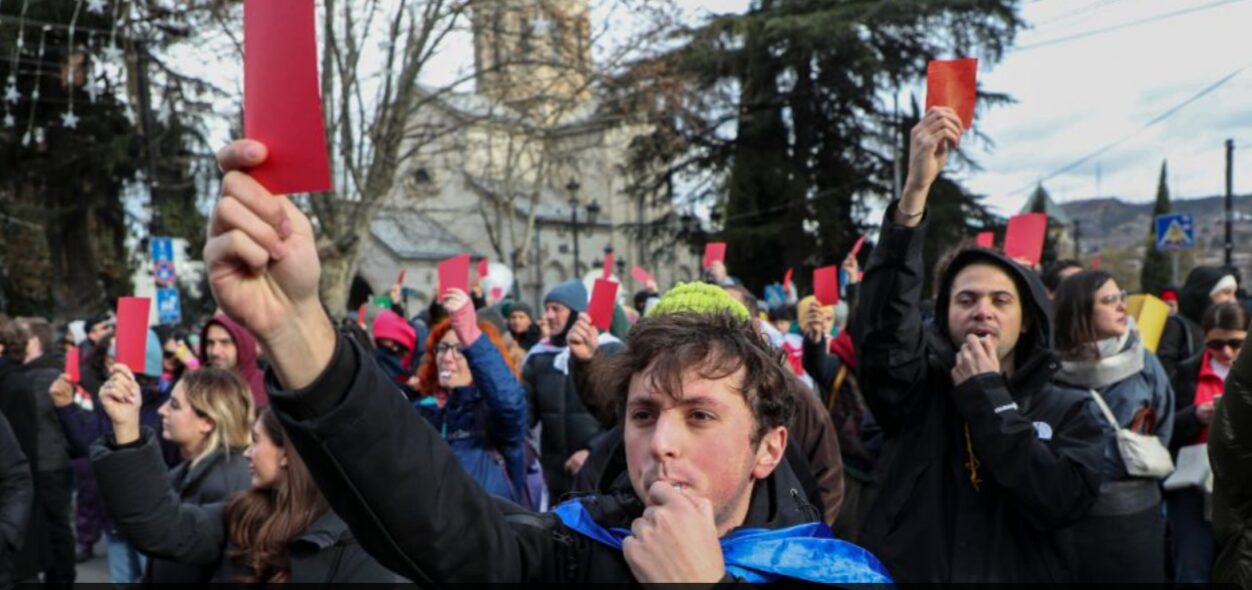
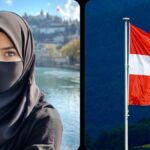

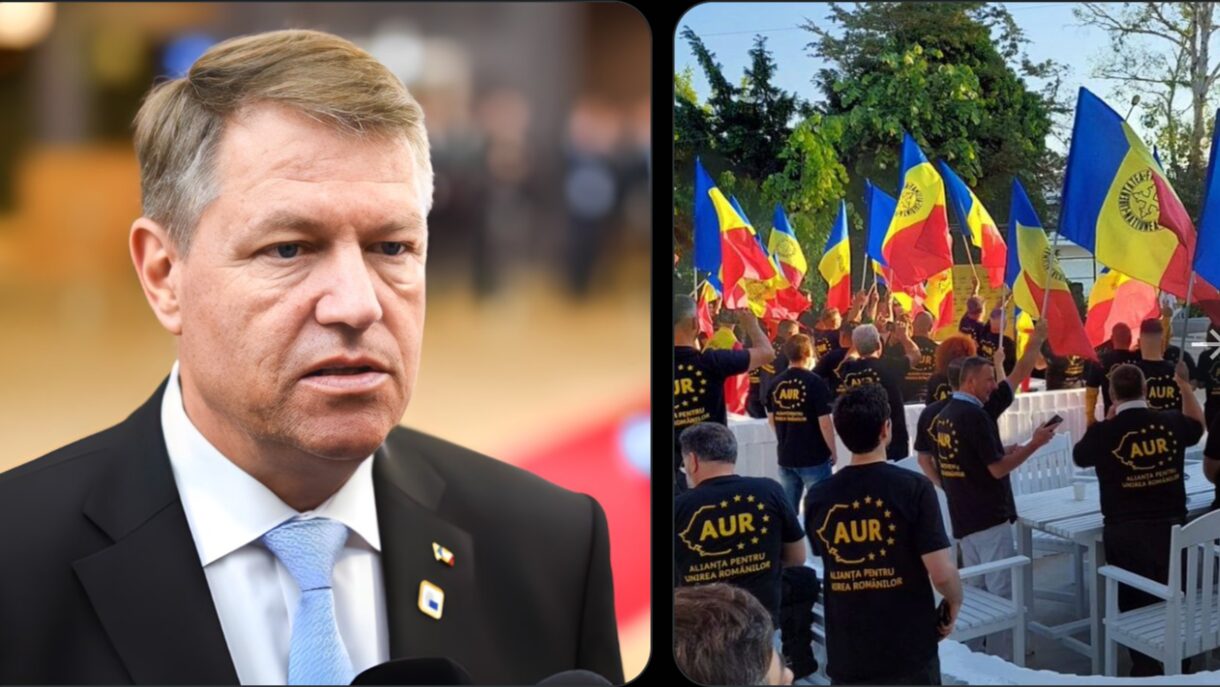
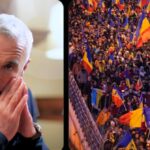

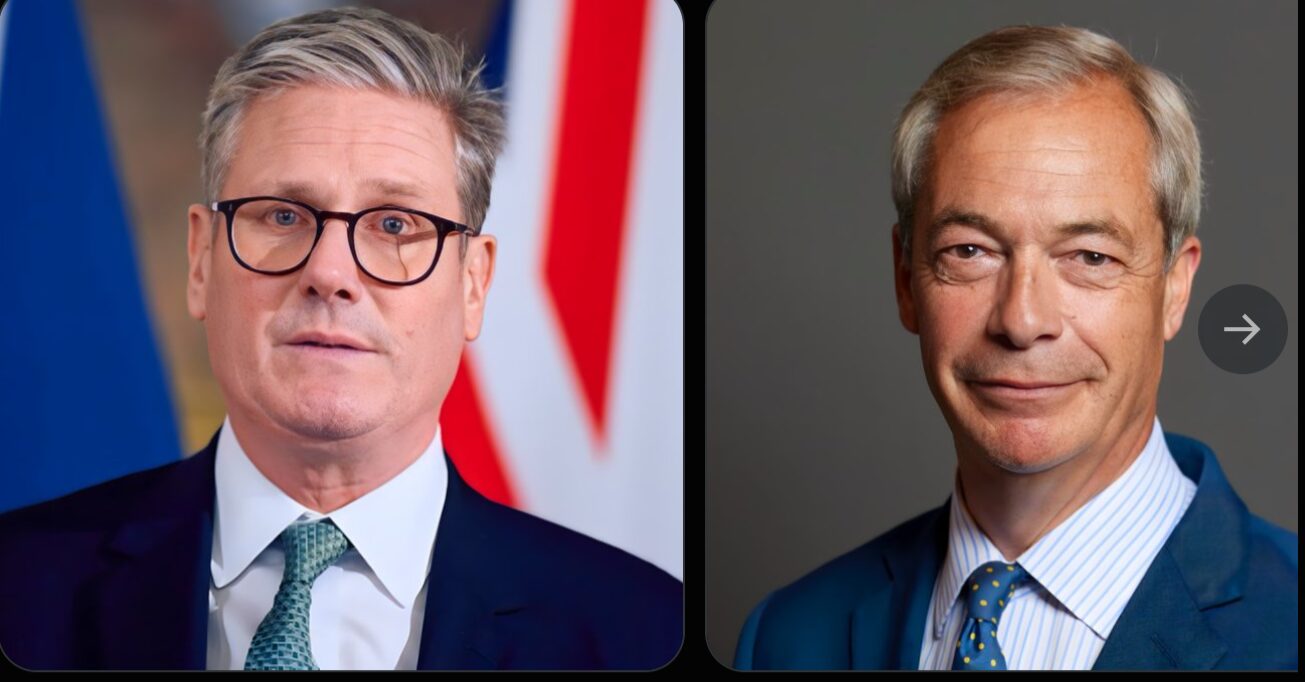
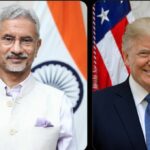









Post Comment